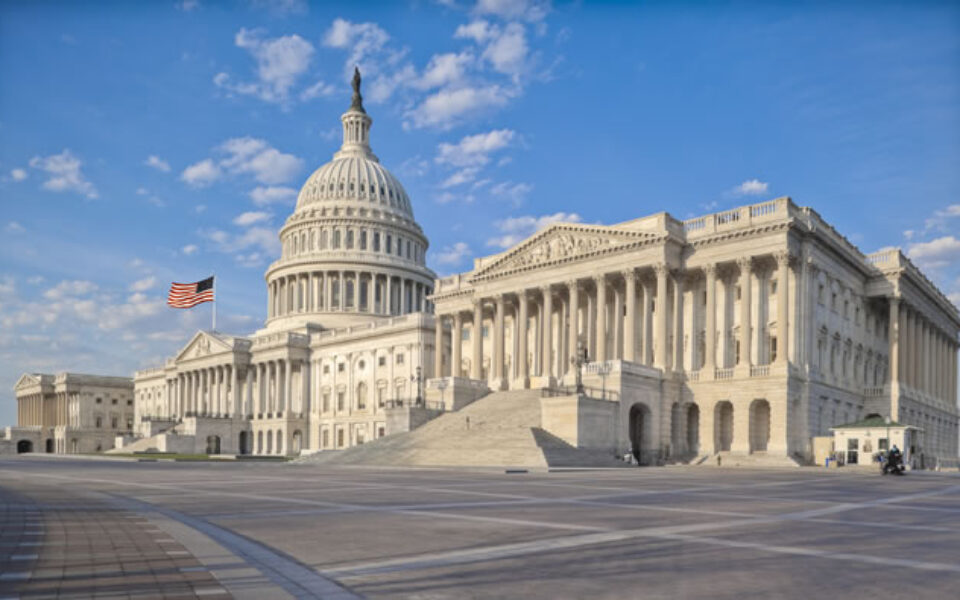Bipartisan Budget Act of 2018
By Michael D'Addio, Principal, Tax & Business Services
The Bipartisan Budget Act of 2018, enacted last Friday, February 9, contains a number of tax breaks for both individuals and businesses. These include the restoration of several tax provisions which had expired at the end of 2016 (commonly referred to as “extenders”). The law also includes new rules for those who suffered damages from the 2017 California wildfires.
Some of the tax provisions have a broad impact, while others seem tailored to apply to particular taxpayers.
Extender rules which affect 2017 individual tax returns include the following:
- Exclusion from income of qualified principal residence debt.
- Deduction for mortgage insurance premiums as qualified residence interest. This deduction phases out for taxpayers with adjusted gross income over $110,000.
- Above-the-line deduction of $2,000 or $4,000 of qualified tuition expenses for higher education, depending on the individual’s adjusted gross income.
- Extension through 2017 of the credit for purchases of nonbusiness energy property, equal to 10% of the amount paid for qualified energy improvements.
- Extension of the credit for residential energy efficient property placed in service in 2017.
- Extension of the 10% credit for two-wheeled plug-in electric vehicles.
- Extension of the credit for purchases of new qualified fuel cell motor vehicles.
- Extension of the waiver of the limitations period (through December 18, 2018) for the exclusion from gross income of civil damages, restitution, or other monetary award relating to the wrongful incarceration of an individual.
- Extension of the limitation on the Internal Revenue Service (“IRS”) to increasing user fees for certain installment payment arrangements.
The law also contains a number of provisions which primarily affect business taxes, including:
- Extension of empowerment zone tax incentives, including benefits for tax-exempt bonds, employment credits, increased expensing, and exclusion of a gain from the sale of certain small business stock.
- Extension of section 179D deduction through 2017 for energy-efficient improvements to lighting, heating, cooling, ventilation, and hot water systems of commercial buildings.
- Classification of certain race horses as 3-year property.
- Seven-year recovery period for motorsport entertainment complexes.
- Application of a 23.8% rate to timber gains of C corporations (instead of the normal 35%).
- Extension of accelerated depreciation for business property placed in service on an Indian reservation.
- Extension of the election to expense mine safety equipment.
- Extension of the special expensing provision for the first $15 million of qualified film, television, and theatrical production costs.
- Extension of the eligibility of domestic gross receipts from Puerto Rico for the domestic production deduction.
- Extension of the American Samoa economic development credit.
- Extension of the credit for manufacturers of energy-efficient residential homes.
- Extension of the production tax credit for certain renewable sources of electricity for which construction commenced before the end of 2017.
- Extension of the rule to elect to recognize a gain from qualifying electric transmission transactions ratably over an eight-year period beginning in the year of sale, if the amount realized is used to purchase exempt utility property.
- Extension and phase-out of the 30% Investment Tax Credit for solar energy, fiber optic solar energy, qualified fuel cell, and qualified small wind energy property for construction begun before 2020, with a phase-out until 2022.
- Extension of the 10% Investment Tax Credit for qualified microturbine, combined heat and power system, and thermal energy property where construction began before 2022.
- Extension of biodiesel and renewable diesel incentives.
- Extension of credit for production of cellulosic biofuels.
- Extension of credit for coal produced on land owned by an Indian tribe.
- Extension of the Indian employment tax credit on the first $20,000 of wages, for each qualified employee who works on an Indian reservation.
- Extension and modification of the railroad track maintenance credit.
- Extension of the mine rescue team training credit.
Provisions for those impacted by the California wildfires:
- The budget bill contains several tax beneficial rules for a “qualified wildfire distribution” of up to $100,000 from a qualified plan to an individual whose principal place of abode during any part of the period from October 8, 2017, to December 31, 2017, was in the California wildfire disaster area and who suffered an economic loss resulting from the wildfires:
- The 10% early distributions penalty does not apply.
- The distribution can be included in income over a three-year period beginning with the year of distribution.
- The distribution is not subject to normal withholding rules.
- A distribution can be repaid as an eligible rollover distribution to qualified plans within three years of distribution or to an IRA within 60 days of the distribution.
- The limits on the maximum amounts of loans from a qualified employer plan to avoid distribution treatment is increased from $50,000 to $100,000 for loans made from February 9, 2018, through December 31, 2018.
- The 10% of adjusted gross income limit is removed for personal casualty losses arising from the wildfire. Those who do not itemize can increase the standard deduction by the amount of the net disaster loss. This adjustment also applies for alternative minimum tax purposes.
- The normal 50% adjusted gross income limit for 2017 (60% for 2018) is suspended for contributions to relief efforts in the California wildfire disaster area made between October 8, 2017, and December 31, 2018.
After the passage of the bill, the IRS stated that it is reviewing the new legislation, which retroactively extends and modifies numerous tax provisions covering 2017, and will be assessing these significant changes in the tax law to determine next steps. The Service will provide additional information as quickly as possible for affected taxpayers and the tax community.
If you have any questions on these provisions, do not hesitate to contact your Marcum tax professional.



















